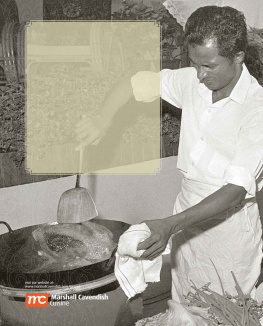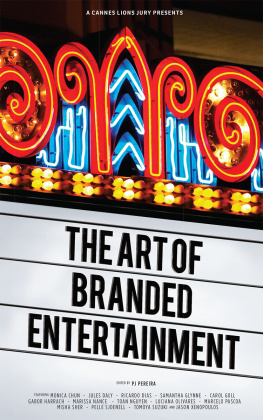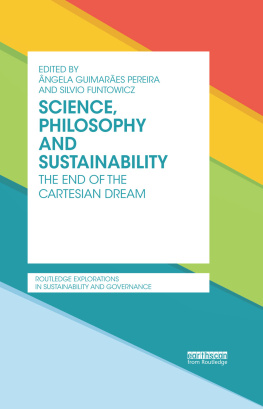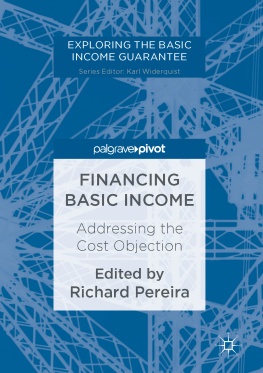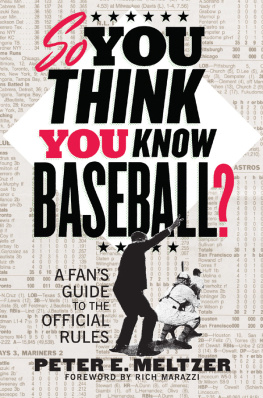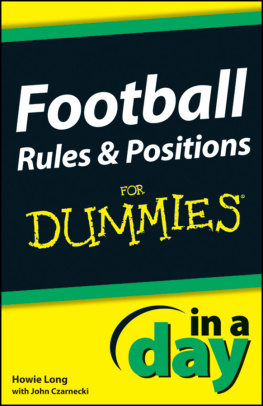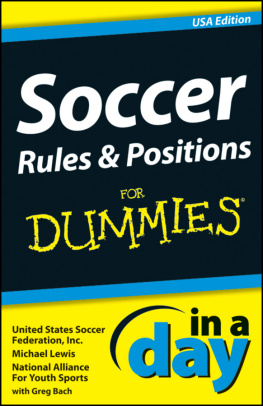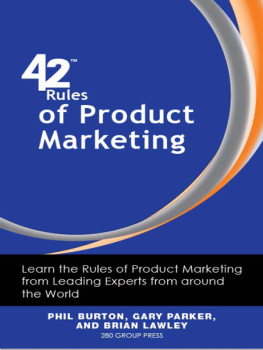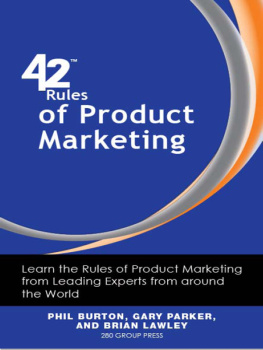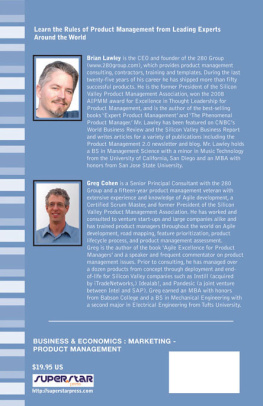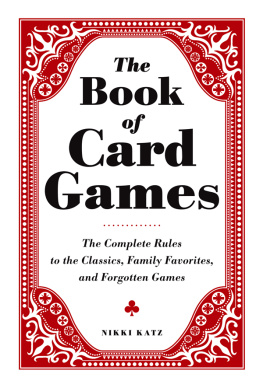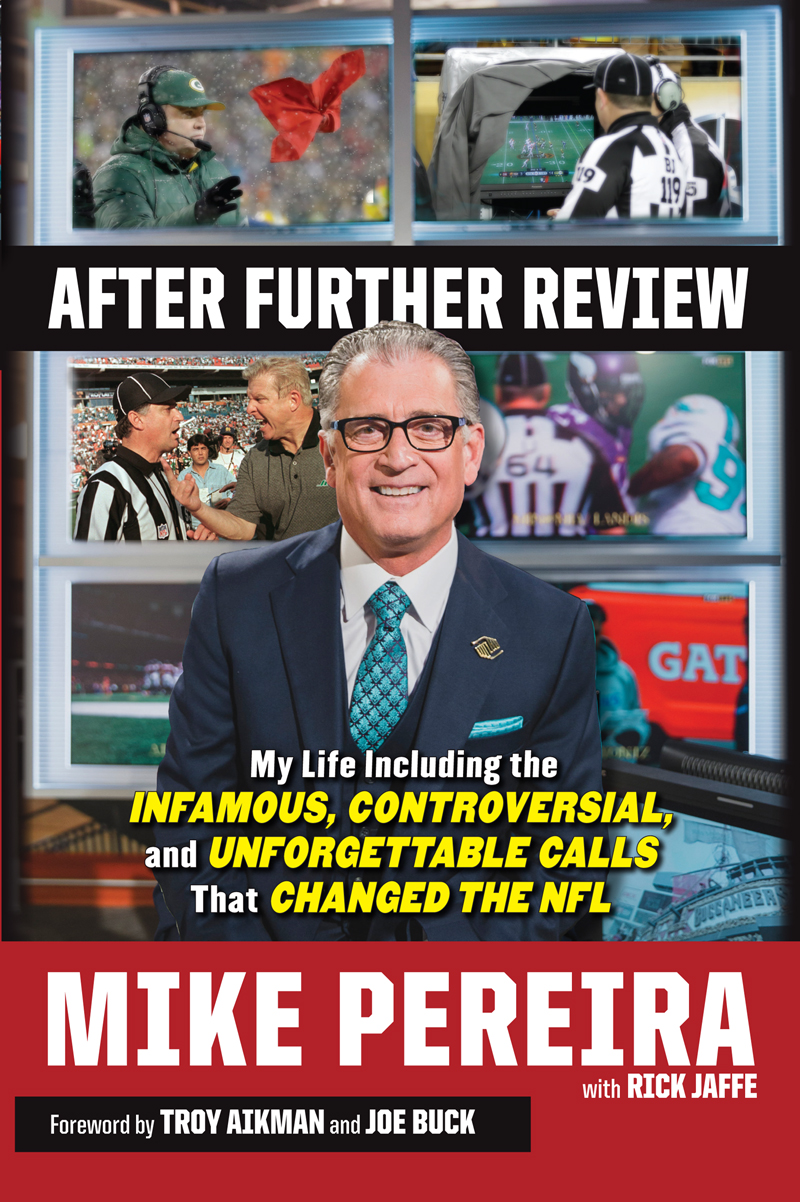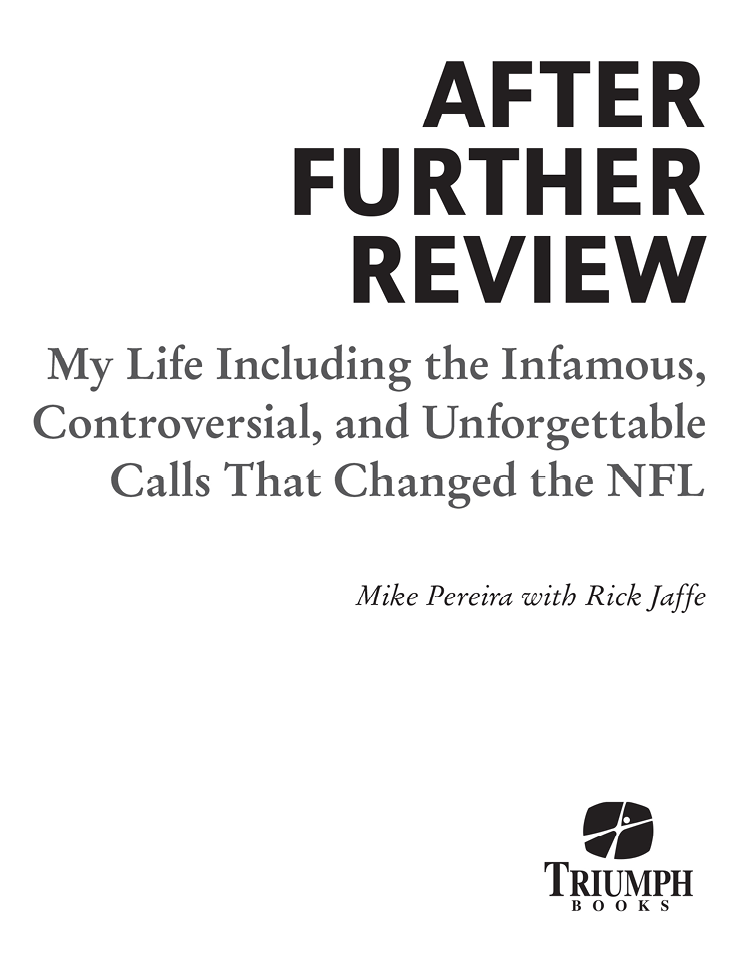
To my sister, Linda, for her strength and courage as she cared for Mom, Dad, and her husband, Mark, in their last days and months on this earth. My greatest gift is having her as my sister.
Contents
Foreword by Joe Buck and Troy Aikman
Joe Buck: For Troy and me, and the other broadcasters and producers with whom we work, having Mike at FOX has been a great security blanket. We do games with a lot of odd calls, a lot of opinions, a lot of stress, and a lot of scrutiny. To know that hes in our back pocketand in the biggest games, in our boothis a great feeling.
Because the rules are so difficult to grasp, before Mike came on board, people kind of took what we said and ran with it. In the end, it really wasnt 100 percent correct. Thats not a good feeling. And its not just the rules that confuse everybody. Its a lot of subjective things, and when Mike is in the booth to help guide Troy and me, it gives us the authority and the confidence to go out and then stick our chin out on the national broadcast with a big audience and say its a good call.
But having Mike on our team is beyond a security blanket, really; its a weapon. The other networks have tried to find it, but the others cant bring what Mike doeswhich is the knowledge, having been an official in the NFL and having run the officiating program for 12 years. The knowledge combined with the personality, and the ability to deliver the information in a digestible waythats a skill.
Troy Aikman: Joes right; thats an amazing skill. When Mike joined FOX we didnt know exactly how things would turn out, but we knew he had the knowledge and a personality.
I guess you could say that FOX and [FOX executive] David Hill, in particular, along with Mike, became pioneers in 2010 because nobody really had rules analysts back then. Now, almost every sport has a guy like Mike. Of course, nobodys as good as our guy.
Mike started something that has become part of the fabric of the game and I think it will be forever now. But just having that expertise and knowing the rules, as weve found out from the other guys who do the same role, doesnt necessarily translate to being good on television. Thats why Mikes unique. Hes got great credibility to go along with a great style. Hes got the ability to take something complicated and, in 20 seconds, make people understand it.
Buck: Troys got a good point. Ive been surprised at the audiences thirst for this kind of information. But what I love most about Mike is that hes got the skill to stand there, removed from the game, and put it all together in his mind and deliver it succinctly into the camera, which is really hard to do.
More importantly, Mike is not scared to say that somebody made the wrong call. Thats what the other networks dont have. We have the guy.
Aikman: Its a great asset for us, and I speak for Joe and everyone else at FOX who does this job in the booth. A lot of times you feel exposed and a bit naked up there when something like that happens in a game. To have Mike there to succinctly explain it and get it right is of great comfort. But the biggest beneficiary of all this has been the viewer at home.
Joe Buck and Troy Aikman
1. The Value of a Quarter
Youre not worth the quarter it takes to buy a Coke.
Remember those words, folks. Because while it might sound like the lyrics to a country song, that phrase became the driving, motivational force in my life and just might be the key reason for many of the successes Ive had. However, you might be a little surprised to find out that the source of those words came from a most unlikely placemy dad.
Before you judge, you have to know a little about my dad, one Amaro Louis (Al) Pereira.
I doubt that there has ever been a father that has had more influence on a son than my dad. Why? Maybe it was because he was never afforded the opportunities that he was able to provide me with when I was growing up. He came to America on a boat from the Azores Islands off the coast of Portugal at the age of two. He grew up on a real dairy farm, where he would milk cows both in the morning before school and in the evening when he got home.
But my dad was quite an athlete, too. He could really play, but because of his daily chores, he never really had time to pursue playing high school sports.
He and his family went through the Great Depression, and they lost everything. I mean everything. All they ended up with was their car, their belongings, and $10,000 in debt. It was interesting in those days; my dads father had to work off all the debt. There was no way this immigrant from Portugal was going to declare bankruptcy, so he learned valuable lessons from his father when he was young.
I truly believe that he wanted to give me the chances that hed never had. But my dad did get to go away to college, to California Polytechnic State University in San Luis Obispo, better known as Cal Poly SLO. There, he played baseball, and I remember people saying he was a very good player. He continued playing baseball and softball afterward in Stockton, California. Thats where I grew up as a child, and I recall watching his every move as a third baseman in fast-pitch softball. To this day, he might have been the biggest jock Ive ever seen.
Not only was he a big fan of mine, he was a big fan of just about anything to do with sports. We always used to laugh and say if there wasnt a baseball game, a basketball game, or a football game to watch, my dad would find out where the nearest tiddlywinks match was just so he could watch somebody playing something. Im joking, but it gives you an idea of how big a sports fan he was.
* * *
He relished watching me get into sports, but my entry into the sports world was not all that spectacular. Ironically, my athletic career had nothing to do with football, though I did give it a shot.
As a high school sophomore, I was a lanky 140 poundsand that was with weights in both hands. Lanky was one of those unflattering words they used back in the 70s for tall and skinny . The first day of football tryouts, some kid who was about 30 pounds heavier than I was gave me a vicious shotat least in my mind it was viciousto the hip. I think I was trying out as a wide receiver, and after catching a pass, the hit was one of those bone-crushing kind of hits that you see in those car commercials where they use crash dummies. I was one and done, as in one day and Im finished with football and ready to move on.
Hello, basketball.
The next day I was in the gym shooting free throws. While I never played football, which makes where I ended up rather amazing, I did play basketball and baseball, and that piqued much of my dads interest in me. He was always in the stands when I played, whether it was in Little League in the Hoover Tyler Youth Baseball program in Stockton or my games at Amos Alonzo Stagg High School.
Then in 1968, it was off to college at the University of Santa Clara. Believe it or not, I actually received a scholarship to play both basketball and baseball there. Im still not sure what my dad had to do with it exactly, but I suspect it was something, because the basketball coach, Dick Garibaldi, and he were good friends. Of course, it could have been that Santa Clara sent a football coach, Bill McPherson, to scout me to play baseball .
Or maybe it was really Dusty Baker who was responsible for me getting that scholarship. Yes, that Dusty Baker, the very successful 19-year major leaguer and 20-year manager Dusty Baker who is now managing the Washington Nationals.


